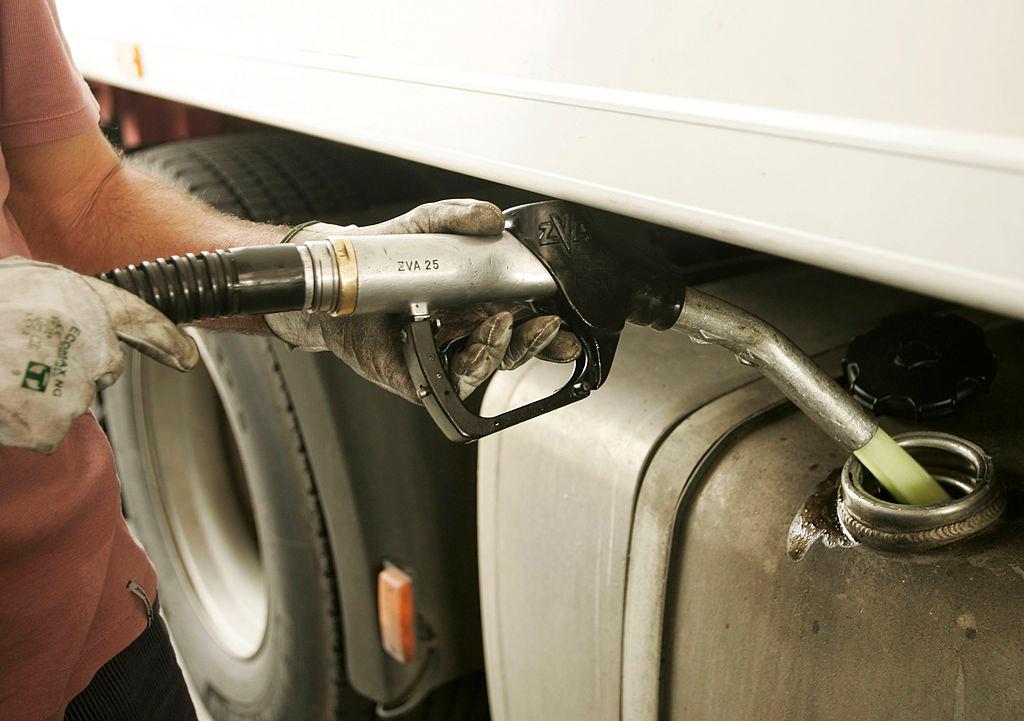This week, South Korea will fly a military plane to Australia to airlift 27,000 litres of urea solution, also known as diesel exhaust fluid (DEF), as the country experiences a shortage crisis of the liquid after China dramatically cut its urea exports.
Diesel vehicle drivers, particularly truck drivers, have been waiting in long queues to refill fuel, concerned about the supply crisis.





